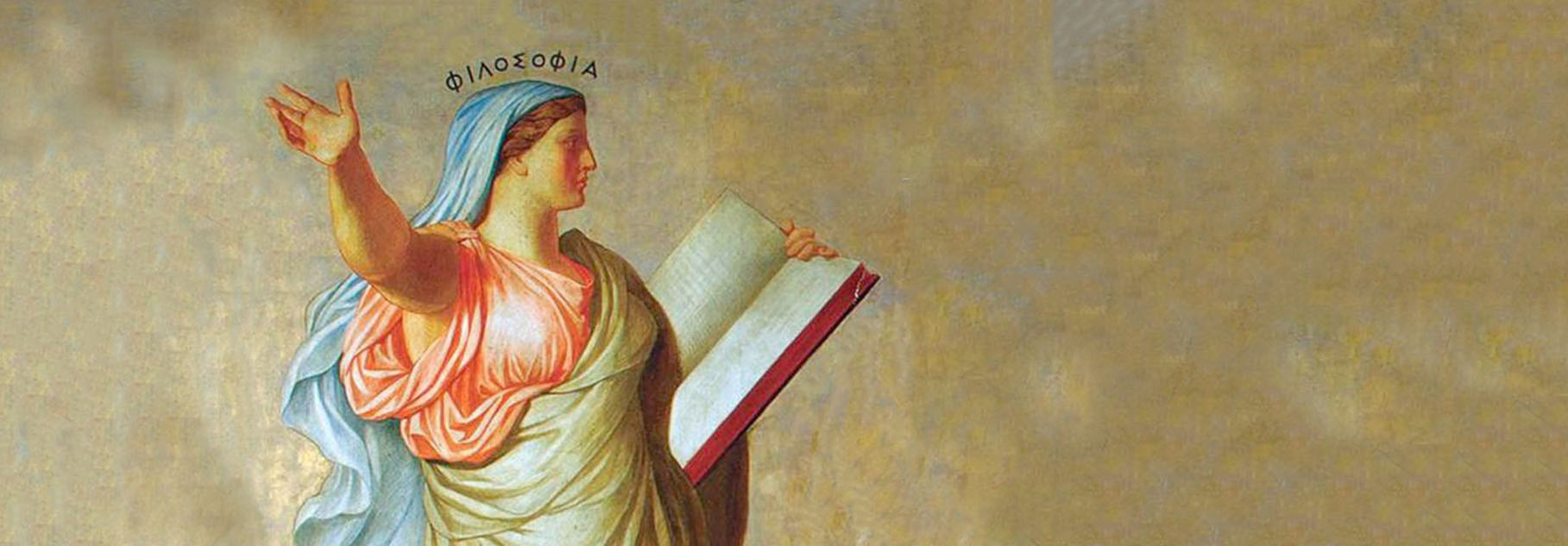The World Congress of Philosophy provides a unique opportunity for philosophers, friends of philosophy and serious thinkers from all corners of the world to meet, to put forth ideas, exchange points of view, to argue and to present the fruits of their research to a unique and distinguished academic audience. The Congress is an outstanding cultural institution that serves as an international forum for philosophical research, a meeting place for philosophical collaborators and a place where new acquaintances are made and old renewed; it is a place of reflection and brainsto rming within a relaxing environment; it seeks to contribute to the forging of universal values that address the common human issues of our times; it is a place where clarity is sought regarding the Socratic challenge that reaches out to us even today, to old and young alike: “how one must live?” For this reason the Congress extends its heartfelt welcome to old and young philosophizing thinkers and researchers, to those with an established intellectual presence and to developing intellectuals who aspire to contribute to a better future for humankind.
On behalf of the Hellenic Organizing Committee I invite you to participate in the 23rd World Congress of Philosophy, under the auspices of the International Federation of Philosophical Societies (FISP), to be held in Athens Greece. This Congress is destined to continue the outstanding traditions of the previous Congresses, but it is also unique in that the very city in which it is to occur beckons all philosophizing persons with inspiring echoes from its past. I invite you to come to Athens in whose Ancient Agora Socrates , Diogenes , and so many others spent their time , where you can walk and discourse at the site of Plato ’s Academy and Aristotle’s Lyceum and be within the environs of Epicurus’ Garden , Zeno’s Stoa, the haunts of Proclus and others whose intellectual works contributed to the cultural heritage of humanity.
The Congress, with the kind permission of the Ministry of Culture, has arranged to hold a number of events in the areas of Plato’s Academy; Aristotle’ s Lyceum; the Pnyx (the meeting place of the ancient Athenian Parliament ), which is itself located right across from the Acropolis; and at the site where Plato’s Phaedrus took place, within the environs of the present day Church of Hagia Photine on the Ilisus river. The Congress participants will have the once in a lifetime opportunity to not only visit these sites passively, as is usually the case, but be an active part of the historical tradition of discourse , philosophical and political, that was cultivated within these areas.
Not only the place that the Congress is being held is unique, but so too the time of its occurrence. Summer is when the whole of Greece radiates with its blue, Homeric seas, its clear skies, its white islands a nd its rugged landscape. Greece’s summer splendour welcomes philosophers, their families and their friends and their friends’ families and extends an invitation to visit such sites as Delphi, one of the world’s most inspiring locations, venerable Olympia and Mycenae, ancient Dodoni, magnificent Knossos, and Alexander’s Vergina and Pella , Aristotle’s Stagira and holy Mount Athos in the north, Odysseus’ Ithaca and Corfu in the west, Pythagoras, Melisus and Aristarchus’ Samos, Homer’s Ios and Chios, Hippocrates’ Kos, Panaetius ’ Rhodes, Ariadne’s Naxos, Saint John’s Patmos in the Aegean, and further east, Heraclitus’ Ephesos and Thales ’, Anaximader ’ and Anaximene s’ Miletus. All of these sites are within only a few hours from Athens.
Especially when summer comes the people of Greece open up to visitors, enacting their Zeus -endowed trait, which comes most naturally to them: their philoxenia , their hospitality to visitors and travellers to their land.
Athens, 14th of April 2011
Konstantine Boudouris
President of the HOC

